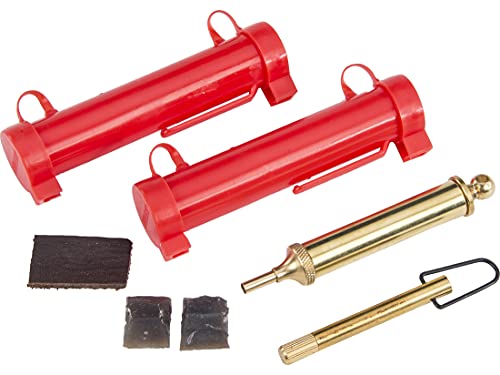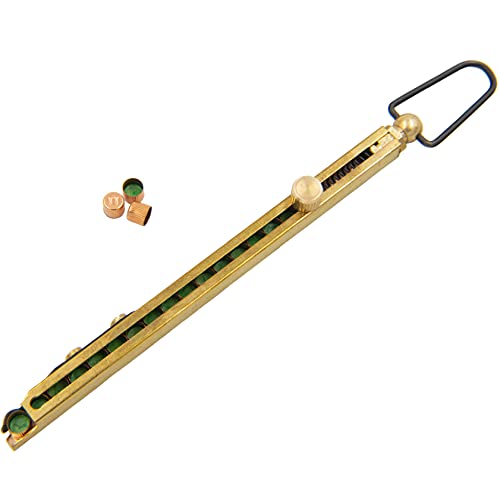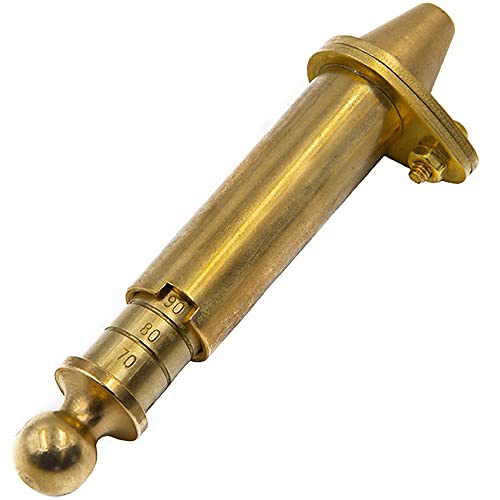I guess I will chime in here. I have a background in military archaeology, so this is the sort of thing I think about.
A military person would be expected to keep their gear in good service, which included their brass. There is plenty of evidence of this, especially from period correspondence.
I have a lot more old books than most other people, and there is one in particular that should answer this if I can find it. I just looked in the likely room, but don't see it. I will keep looking.
In the mean time, I just looked at a bunch of art depicting frontiersmen and pioneers, painted more or less contemporaneously to the time portrayed. What I saw was reasonably shiny, which is what I expected.
The Japanese have always been the best source I know for traditional coloring and patination of metals. But even a well darkened piece will become shiny again with heavy handling.
I do not believe that it was typical to use the sort of darkening processes common in Japan because it requires a great deal of work, and some practical chemistry. If our frontiersmen did this, they would have mentioned it. It is no trivial matter.
I expect that the polish used would typically be a mix of flour and vinegar, with a bit of fine salt added if needed. It would then be oiled. Brass or silver on a gun might not be kept military clean in the field, but I cannot see anyone whose lifestyle relied on such an expensive object to allow it to corrode.





















